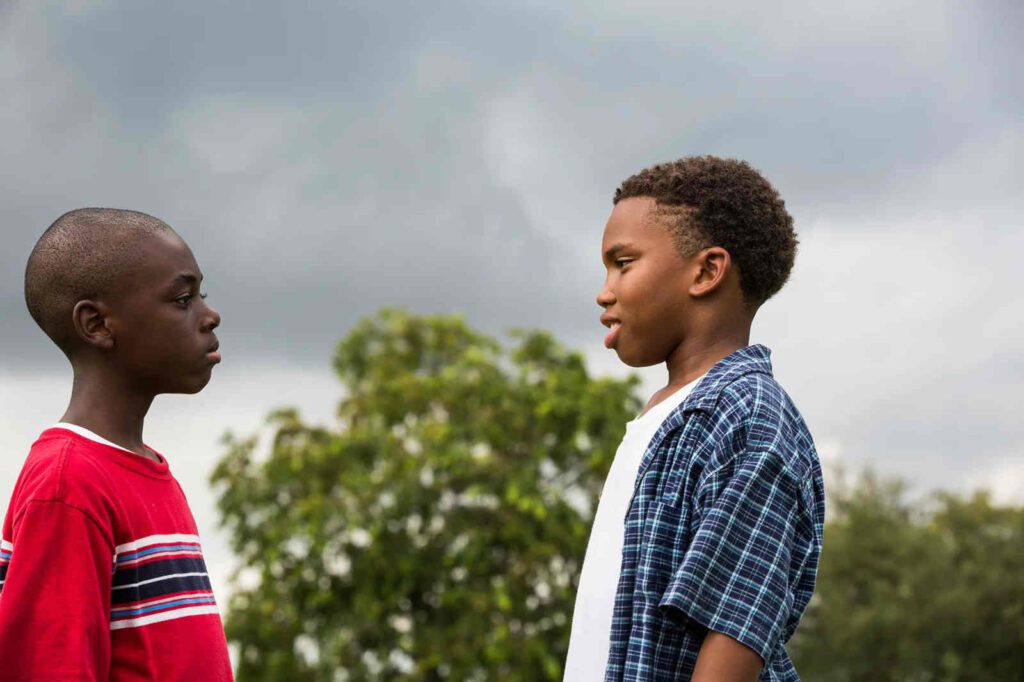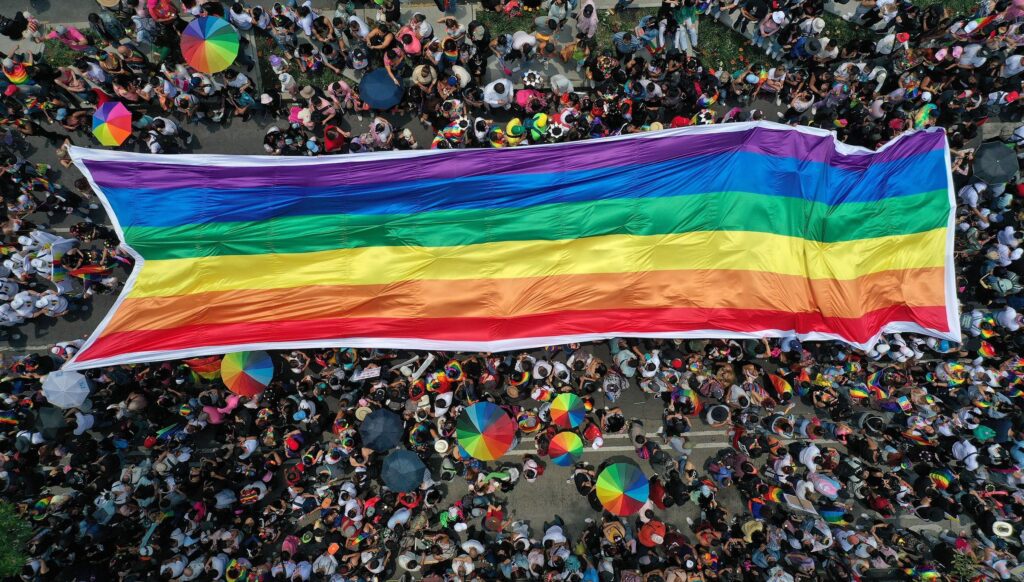
The straight flag is waving, but is 2023’s Pride in danger?
Are rainbow flags waning in a stormy sea? Is it ever time for a “straight pride flag”? This year, Pride celebrations across the United States face daunting obstacles amid rising anti-LGBTQ sentiment that threatens to curdle the jubilant festivities into contentious battlegrounds.a
Over the past few decades, the LGBTQ community has scored substantial victories in the political and social spheres, prompting widespread acceptance and growth of Pride celebrations. However, a resurgence of intolerance led by right-wing politicians, religious figures, and pundits is casting a long shadow over these celebrations, unsettling LGBTQ individuals nationwide.
Is there any such thing as “straight pride” that anyone can be actually proud of? Let’s take a look.

Straight pride
Even in liberal Los Angeles, a bastion of diversity with a robust LGBTQ community, not everyone is marching to the beat of acceptance. A recent incident involving the Los Angeles Dodgers wavers between support and skepticism.
The baseball team initially uninvited the Sisters of Perpetual Indulgence, a prominent activist group and nonprofit raising funds for LGBTQ causes, from a June event following conservative protests, only to extend the invitation again under public scrutiny.
In Florida, meanwhile, an uneasy climate stirred by anti-LGBTQ legislation has forced cities like Port St. Lucie and St. Cloud to cancel their Pride events. Northwest Arkansas Equality in Fayetteville, considered an oasis for Arkansas’ queer community, had to pull back from staging events at the Walton Arts Center due to a ban on drag performances involving minors. Straight pride flags in attendance? You bet, but are you surprised?

Legislative shadows
As Tennessee’s Pride events dangle in uncertainty following the state’s vaguely worded law perceived as an attack on drag performances, the situation begs the question: Are we witnessing a frightening U-turn from the progress of equality and inclusion? The spike in anti-LGBTQ laws in the past year, coupled with mounting animosity and tangible threats of violence, suggest an alarming regression.
Florida and Arkansas have introduced laws that pose significant challenges for the LGBTQ community, including restrictions on discussing gender and sexuality in public schools. Florida’s notorious “Don’t Say Gay” bill has since expanded to encompass all grades, limiting the conversation on LGBTQ sexuality.
Adding to this grim tableau, Arkansas Governor Sarah Huckabee Sanders has endorsed legislation that categorizes drag as an “adult-oriented performance,” invoking a contentious debate on what “protecting children” entails.

Emerging Threats
The ripples of this debate have already reached New York City, the vibrant hub of queer activism, where protestors recently disrupted a Drag Story Hour event. With mounting legal restrictions and a surge in anti-LGBTQ rhetoric, there’s an urgent need to refocus on Pride’s activist roots, reminding us that acceptance and visibility aren’t guaranteed.
Former President Trump’s declaration to halt gender-affirming care for minors, labeled as “child abuse” and “child sexual mutilation,” has added fuel to the fire. States like Idaho, Indiana, Kansas, Missouri, Texas, Oklahoma, and Alabama are now pushing to limit care for trans youth or restrict their meaningful participation in society.
The extreme right-wing group, the Proud Boys, is also purportedly planning their most considerable anti-LGBTQ events this year, adding another layer of apprehension to the upcoming Pride celebrations. Straight pride flags run rampant as anyone can imagine. Their reputation for inciting chaos at their gatherings poses a potential threat to the safety of queer people.

True spirit
As LGBTQ individuals endure this hostile climate, it’s crucial to remember the origins of Pride. Born out of protest and celebration, it symbolized the fight against discrimination and a demand for equal rights. Even as mainstream society and large corporations embrace the spirit of allyship, the rise in anti-LGBTQ sentiment is a stern reminder of the continued relevance of Pride’s activist roots.
Despite significant strides made since Pride’s inception in 1970, LGBTQ individuals, particularly trans people of color, still face high rates of violence and harassment. The surging tide of anti-LGBTQ legislation and the exploitation of anti-LGBTQ sentiment for political gain pose a mounting threat to the community. Straight pride flags have been a difficult part of the conversation since its inception as a result.
In the midst of these challenges, however, there’s a silver lining that rekindles the true essence of Pride. The adversity faced by the LGBTQ community prompts us to remember that the vibrant celebrations we associate with Pride today are rooted in activism and the continual fight for equality and acceptance. From its inception, Pride has been a protest, a demonstration, and a vibrant assertion of identity and rights.
_



